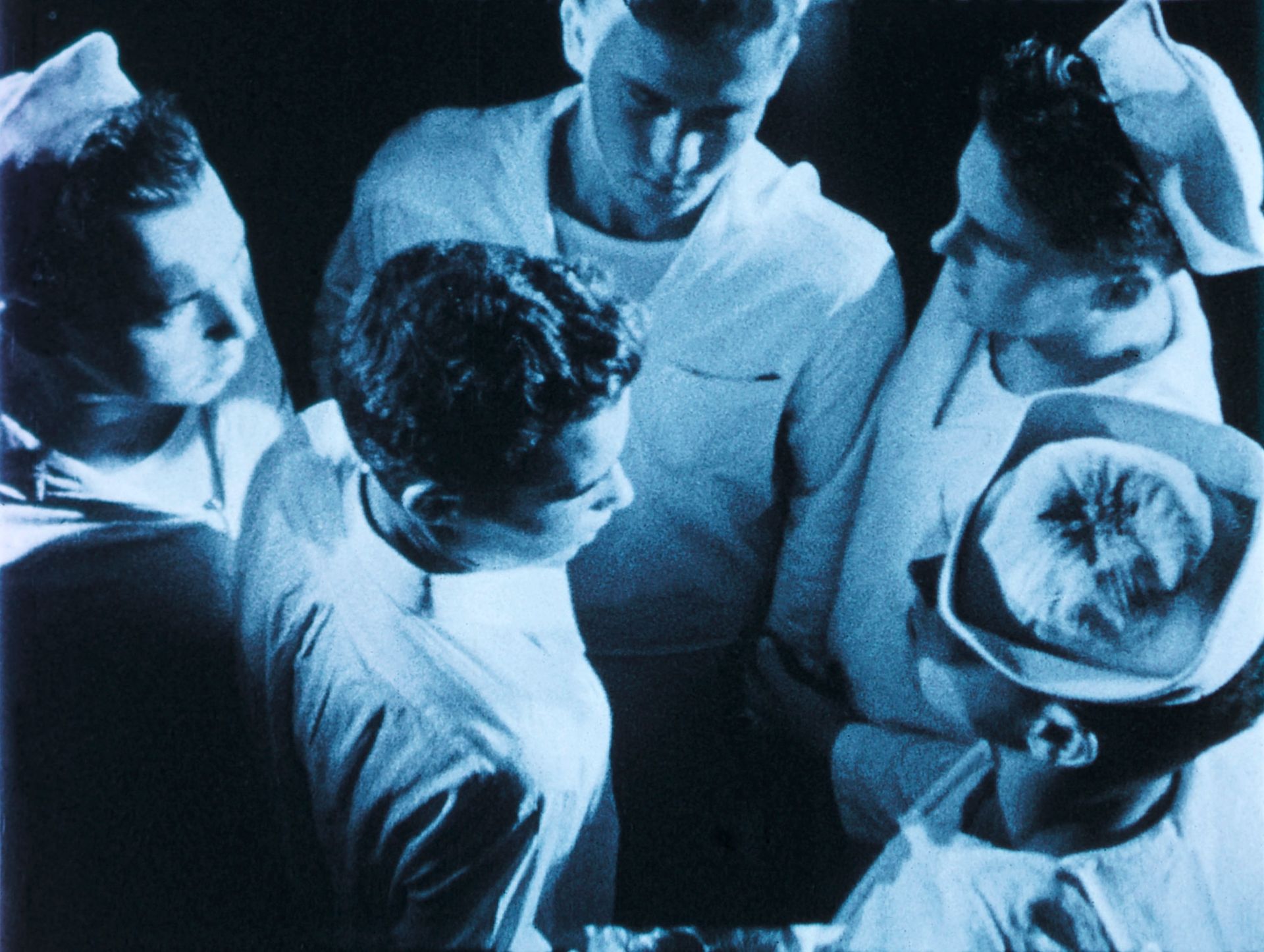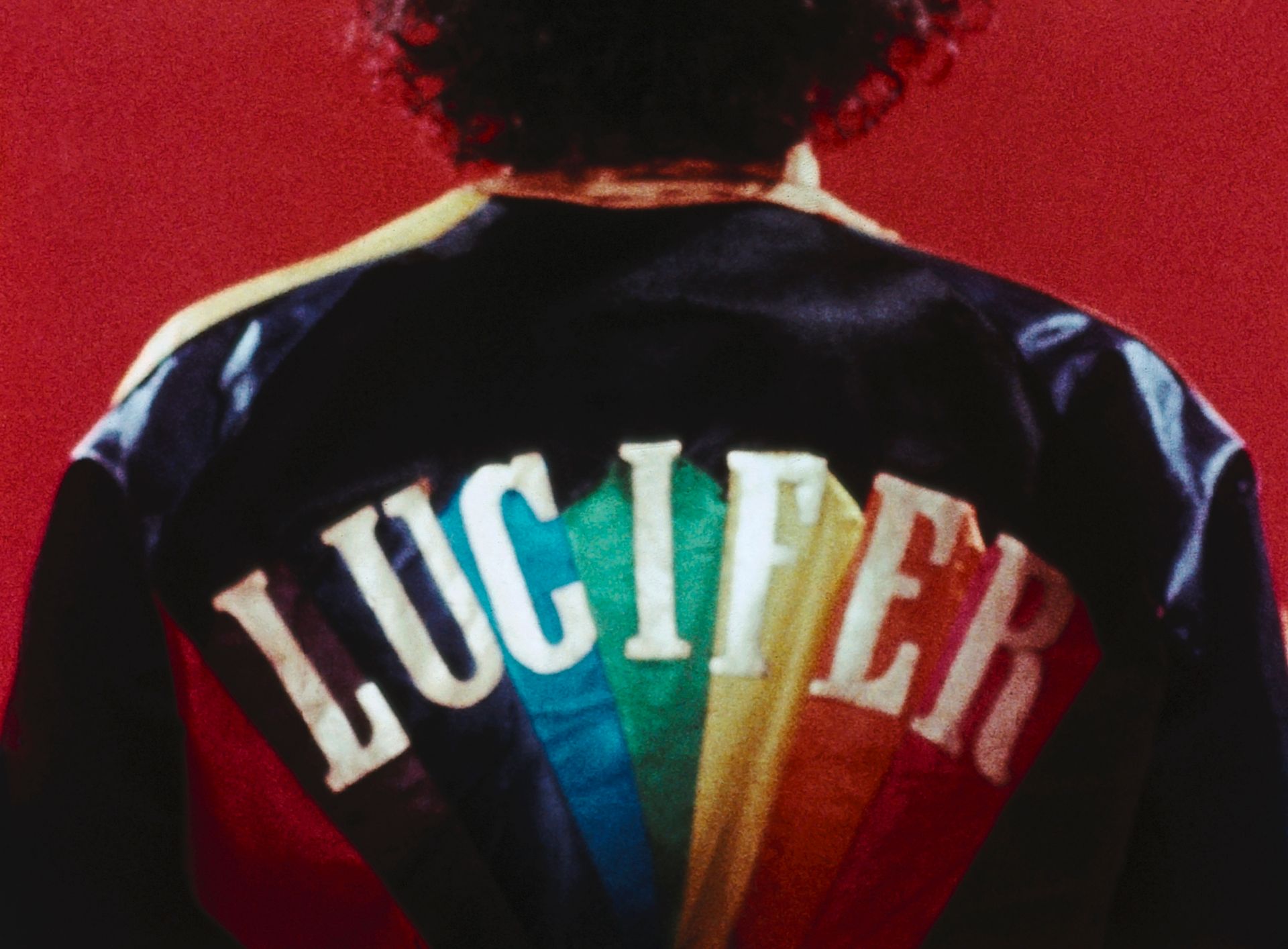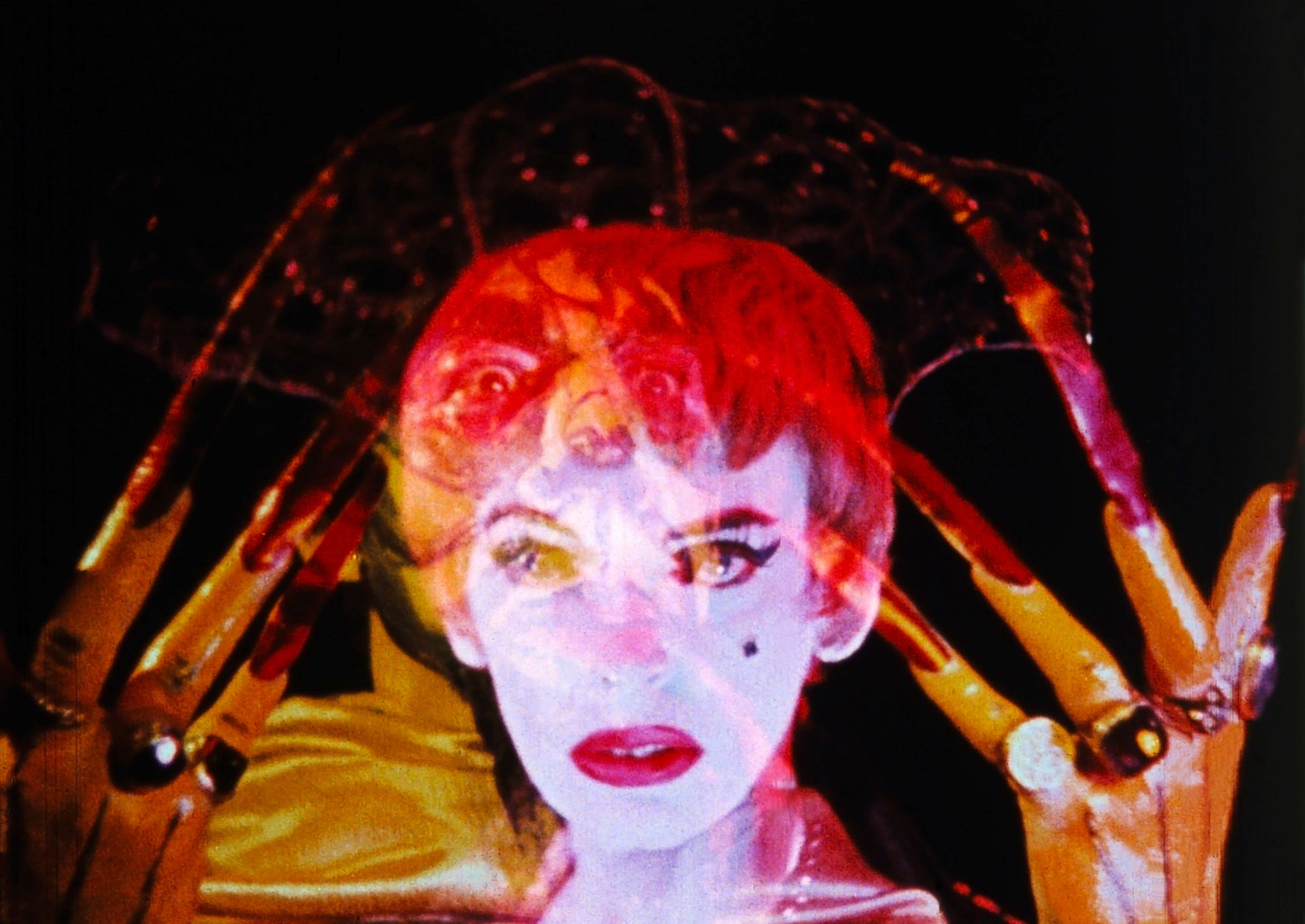Kenneth Anger, a monumental figure in American avant-garde cinema and the art of the moving image, died on May 11 in an assisted living facility in Yucca Valley, California. He was 96 years old. His death was confirmed by Monika Sprüth and Philomene Magers, the gallery owners who have represented Anger since 2009.
Anger was best known for his transgressive and boundary-pushing cinematic works, including films such as Fireworks (1947) and Scorpion Rising (1963)which went against the formal and social constraints of their time, and in doing so helped chart new ground for American underground film and, ultimately, pop culture at large.

Kenneth Anger, Fireworks1947 © The Estate of Kenneth Anger, 1947. Courtesy of Sprüth Magers, 2023
Anger was born Kenneth Wilbur Anglemyer in 1927 in Santa Monica, California to a middle-class Presbyterian family. Although he later claimed, in a characteristic act of self-mythologizing, to have starred in a 1935 version of Dream of a summer nighthis first confirmed experience with the cinema dates back to 1937, at the age of ten, when he made his very first short film, Ferdinand the Bull, on a roll of 16mm film left over from a family vacation. He continued to make movies throughout his teens, often riffing on classic mythology and sci-fi soap operas. He quickly developed a talent for formal and conceptual experimentation. “I call them cine-poems,” Anger said of his work in a meeting with Dizzy in 2011. “These are not narrative films but rather stories told in pictures.”
These experiences eventually crystallized in his 1947 film Fireworks, a twitchy, jumpy concoction of Greek-tinged haughty drama and surreal psychosexual pulp that was also one of the earliest examples of explicitly queer experimental cinema. The film, which features an orgiastic centerpiece of masochistic male violence, eventually faced an obscenity trial which, after being taken to the Los Angeles County Supreme Court in 1959, helped loosen restrictions on so-called “obscene” content in the arts.

Kenneth Anger, Lucifer (Leslie Huggins)1970-81 © The Estate of Kenneth Anger, 1981. Courtesy of Sprüth Magers, 2023
In the years after Fireworks, Anger continues to push the aesthetic and political boundaries of tact and good taste. He embarked on a number of creative endeavors, including a host of short films as well as his infamous 1959 novel Hollywood Babylonwhich details a host of sordid half-truths about the lives and deaths of various Tinseltown celebrities.
In 1963 he released perhaps his most famous film, Scorpio Rising, a lysergic mix of leather, religion and authoritarian violence whose intentionally blasphemous content – including clips of leather-clad bikers mixed with Christian and Nazi iconography – followed by Anger’s interest in the occult teachings of Aleister Crowley and Satanist Anton LaVey. Over the next decade, Anger would expand his pursuit of these occultist visions, culminating in the 1972s. Lucifer Ascendant. After its release, Anger did not produce another film for almost 30 years.

Kenneth Anger, Scarlet Woman (Marjorie Cameron) from Inauguration of the
A temple of pleasure1954-66 © The Estate of Kenneth Anger. Courtesy of Sprüth Magers, 2023
During this hiatus, Anger’s unique brand of pop transgression blossomed into something unlikely: a true artistic mainstay. Hollywood authors such as David Lynch and Martin Scorsese have cited Anger as an influence, and his propulsive soundtracks and editing have even been credited with foreshadowing (and perhaps shaping) music video aesthetics. While Anger may have remained firmly on the side of transgression, his artistic influence has extended into many corners of the visual mainstream – perhaps a fitting legacy for a persistent boundary pusher.
“Kenneth was a pioneer,” Sprüth and Magers said in a statement. “His cinematic genius and his influence will live on and continue to transform all who encounter his films, his words and his vision.”
